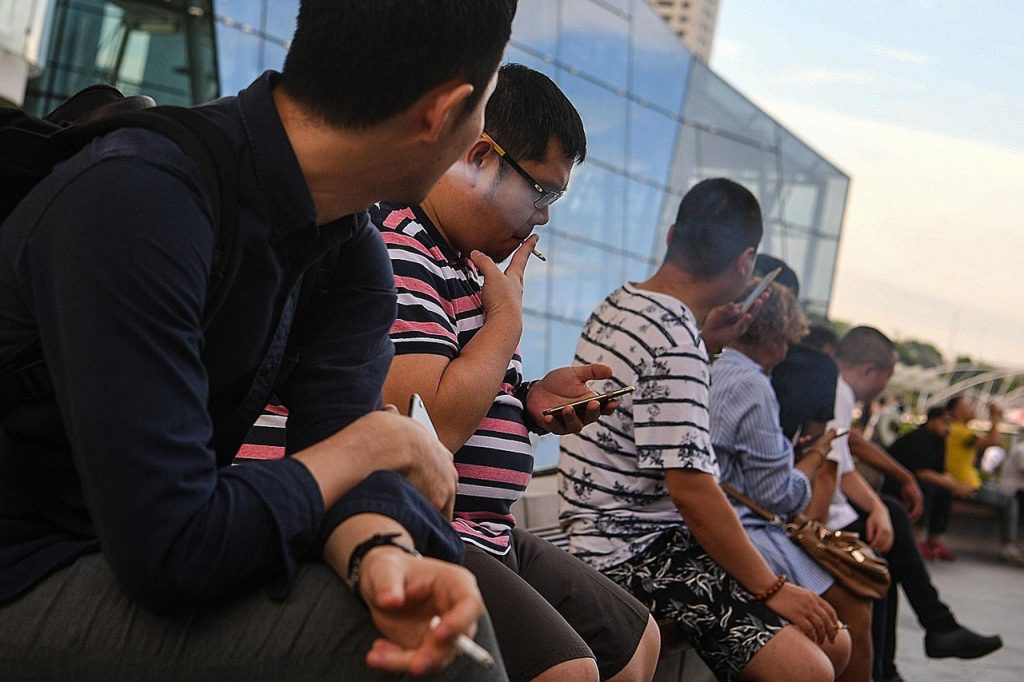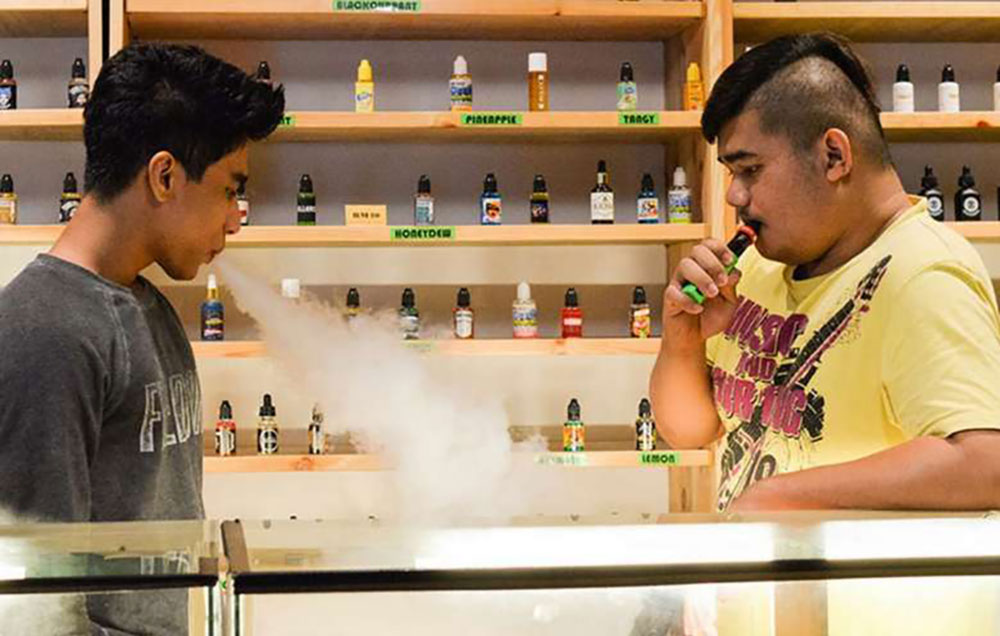The 26-year-old typically finishes a pack of cigarettes every three to four days. But since he got his hands on an e-cigarette last year, he had observed that he had significantly reduced his tobacco intake.
“One pack of cigarettes could actually last me 9 to 10 days after I started vaping, and I would be smoking even less now,” Haziq tells me.
Since the total ban on e-cigarettes – which kicked in last Friday – was first announced in November last year, Haziq has stopped using his e-cigarette and reverted to his two-packs-a-week smoking habit.
Like Haziq, the some 700,000 smokers in Singapore (12.5 per cent of the country’s population) could stand a better chance at improving their health if they weren’t deprived of healthier alternatives such as e-cigarettes and heated tobacco products.
And this isn’t just a smoker’s problem. Smoking at home also causes their families to suffer too, as addictions psychotherapist and smoking cessation counsellor Andrew John Da Rosa reminds us in his commentary in TODAY last week.
So despite the government ban, we have compelling reasons to continue the debate on the uses and benefits of e-cigarettes and heated tobacco.

The latest evidence reviewed by the UK government shows that with e-cigarettes and heated tobacco on sale, youth smoking rates in the UK still continue to decline and regular use of these products among young people is rare.
In Japan, cigarette sales have been forecast to decrease by at least 28 per cent due to the increasing popularity of alternative products like e-cigarettes and heated tobacco.
And just yesterday, an opinion written by a doctor and published in The Straits Times forum page suggests that the abstinence-only approach preached by the government has not resulted in a decrease in smoking rates.
So while e-cigarettes and heated tobacco have been perceived by local authorities as a gateway to conventional cigarettes, the positions taken by other governments and experts alike suggest that this fear may be an irrational one.
Naysayers may point to a report released by the US’s National Academies of Sciences, Engineering and Medicine last month, which said that vaping could encourage young people to try regular cigarettes and put them at risk of addiction.
But the report, while comprehensive, also acknowledges that many of the hypotheses about the risks of e-cigarettes and heated tobacco remain to be proven conclusively. For instance, there is little evidence, if any, about whether these products would cause cancer or respiratory diseases.
While this doesn’t mean that e-cigarettes and heated tobacco are zero risk or addiction-free, it also certainly does not mean that they are not without benefits.

Do we ban these products to prevent a hypothetical increase addiction rates? Or do we take steps to address an immediate addiction and health problem?
A simple year-long trial involving the Health Ministry and local smokers could easily be conducted to determine if the government’s hypothesis is true, or if indeed e-cigarettes and heated tobacco are safer alternatives to conventional cigarettes.
At the very least, there is a need for another public consultation now that more research has been conducted in the West. Given the new data from the UK and US, it would be above board for the authorities to re-open the case for e-cigarettes and heated tobacco.
Ultimately, if we are serious about helping the 700,000 Singaporeans whose lives are at stake, then voices like Haziq’s – smokers who have seen the benefits of e-cigarettes for themselves – should be heard in the national conversation on fixing the country’s smoking problem.
Top image credit: Vaping360.






